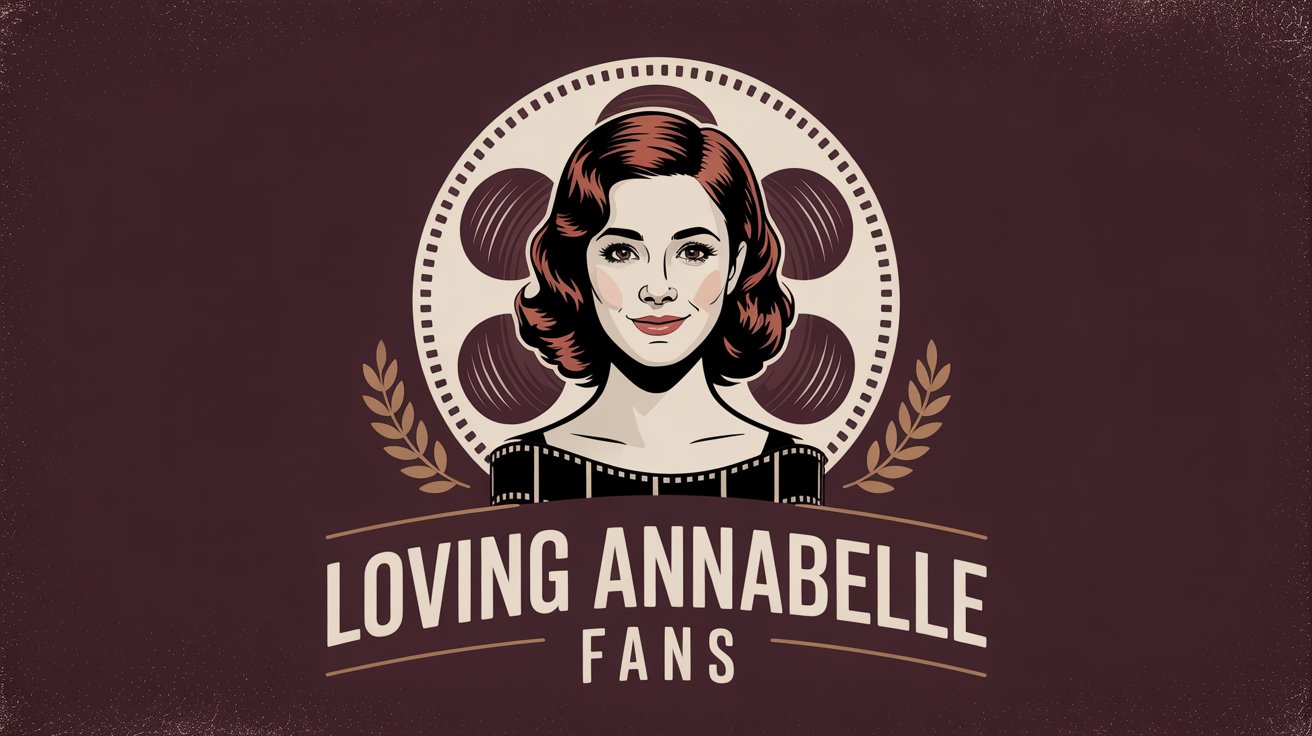When Loving Annabelle premiered in 2006, it didn’t just tell a controversial love story — it made history. This indie film pushed boundaries by portraying a same-sex relationship between a teacher and a student, challenging both cinematic norms and social taboos. But more importantly, it humanized a queer teacher’s inner struggle, which was almost unheard of in mainstream cinema at the time.
🎬 The Unspoken Lives of LGBTQ+ Teachers
Before Loving Annabelle, LGBTQ+ teachers were either invisible or written as stereotypes — closeted, comedic, or tragic. Rarely did we see:
- An emotionally layered lesbian teacher
- An authentic portrayal of inner conflict
- A romance driven by connection, not just labels
Simone Bradley, played by Diane Gaidry, broke that silence.
🧠 A Character Study: Simone Bradley
Simone wasn’t written as a “lesbian character” — she was written as a woman first. Her struggle wasn’t only about sexuality. It was about:
- Duty vs. desire
- Faith vs. self-acceptance
- Fear vs. vulnerability
This nuanced portrayal helped Loving Annabelle stand out in the history of LGBTQ+ film narratives.
📽️ Films That Followed Its Footsteps
While Loving Annabelle wasn’t the first LGBTQ+ film, it opened doors. Later films explored similar themes:
| Movie | Year | Theme |
|---|---|---|
| The Miseducation of Cameron Post | 2018 | Queer identity in conservative schools |
| A Teacher | 2013 | Student-teacher relationship (straight) |
| Blue is the Warmest Color | 2013 | Coming-of-age lesbian romance |
| Pariah | 2011 | Repression, identity, and discovery |
But Loving Annabelle was unique for its focus on a teacher’s emotional awakening, not just the student’s journey.
🏳️🌈 Why It Still Matters
In a world where queer educators still face discrimination, Loving Annabelle remains relevant. It asks:
- Can a teacher be openly gay in a religious institution?
- How does society respond to same-sex love when power dynamics are involved?
- Is love ever truly free when there are rules?
It doesn’t offer answers — just honesty.
💬 Final Thoughts
Loving Annabelle paved the way for more complex, respectful portrayals of LGBTQ+ characters — especially teachers. It’s not a perfect film, but it’s a necessary one.
Have a favorite scene or quote from the movie? Share it with us on Instagram @LovingAnnabelleMovie or email us at contact@lovingannabelle.com
